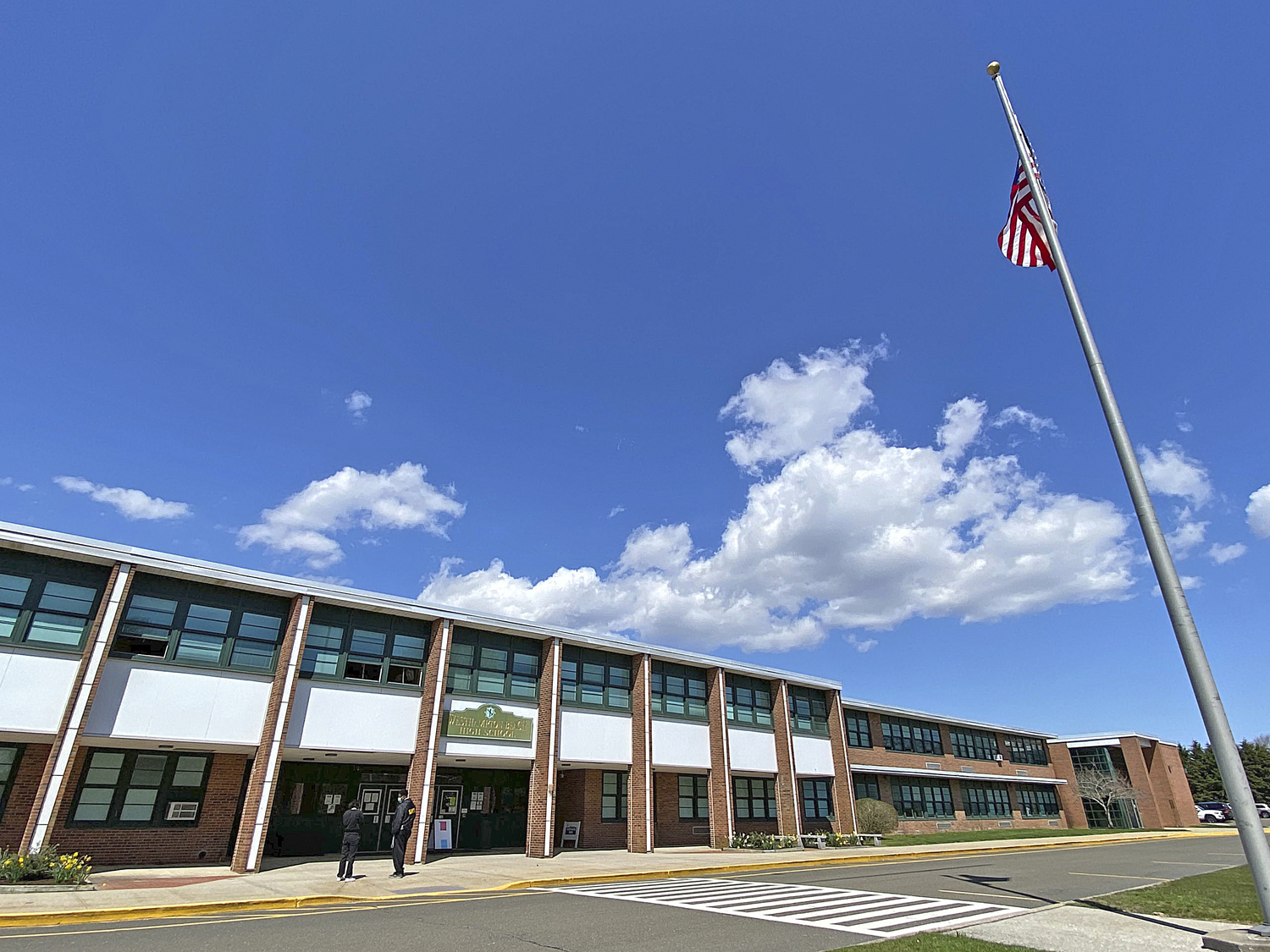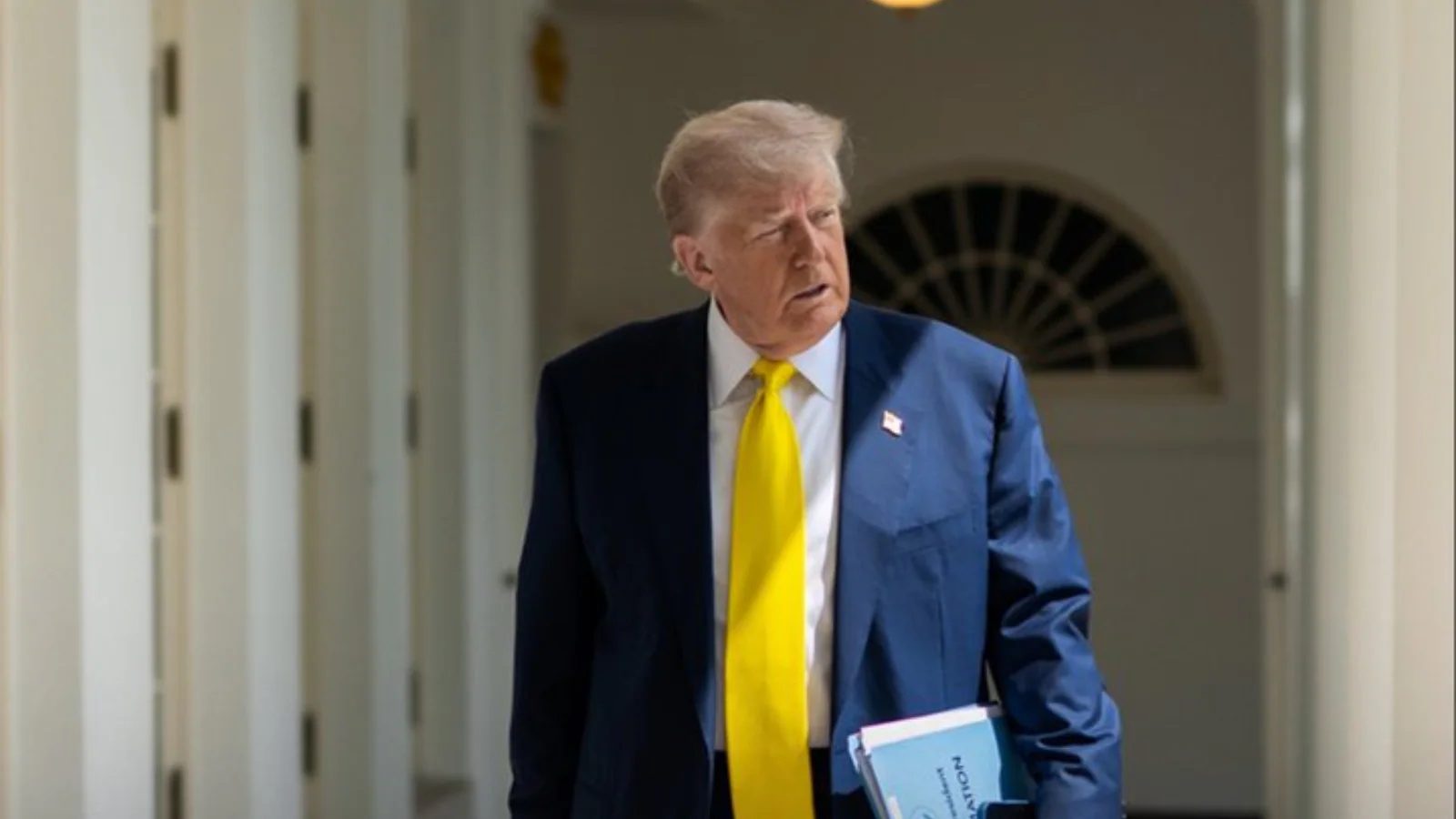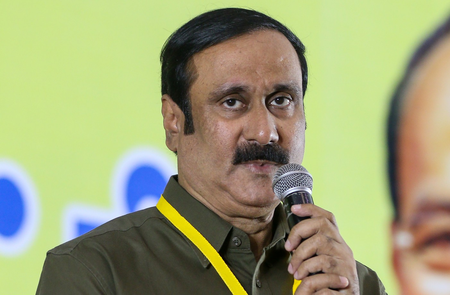Copyright thenationonlineng

At the 19th AELEX Annual Lecture in Lagos, experts linked delayed justice, policy inconsistency, and institutional decay to low investor confidence. They agreed that true progress requires urgent reforms to restore trust and stability, reports UDEH ONYEBUCHI The rule of law must be strengthened to restore investor confidence in the economy, former Vice President Yemi Osinbajo and other legal experts, business executives, and policy experts have said. They warned that its erosion poses one of the gravest threats to the nation’s economic development. They made the call at the 19th AELEX Annual Lecture, with the theme: “The rule of law and economic development: The Nigerian experience.” Osinbajo joined an array of distinguished discussants who argued that the decline of legal institutions, inconsistency in policy, and the slow pace of justice are undermining the country’s economic potential. The event drew a packed audience of lawyers, business leaders, academics, and policymakers, all gathered to examine how Nigeria’s flailing legal system has become a chokehold on growth. Osinbajo: weak justice system scares off investors Osinbajo gave a sobering exposition on the practical links between justice and prosperity. Defining the rule of law as the principle that “laws are clear, predictable, and fairly applied,” he argued that economic growth cannot occur in a climate where government agencies, courts, or individuals act above the law. “The rule of law should give investors, businesses, and citizens the confidence that rules, not power or influence, decide outcomes. “When corruption and favouritism are curbed, resources flow to the most productive users, not just to the most influential or the most powerful,” he said. Osinbajo drew a stark picture of the dysfunction within Nigeria’s legal system, recounting data from the Justice Research Institute showing that a commercial case in Nigeria averages 13 years from filing to Supreme Court judgment. “These delays are disastrous for business. The English Court of Appeal referred to the delays in Nigerian courts as ‘catastrophic,’ estimating that some cases could take 20 to 30 years to conclude,” he said. He warned that such inefficiency raises transaction costs, discourages long-term investment, and drives capital flight. “Delays, corruption, and interference in arbitration are destroying investor confidence,” he added. He asserted: “Our problems are not of policy but of execution, weak institutions and weak will.These are human problems, and they are not insurmountable. It is us who must fix them, not spirits from somewhere.” When justice delays kill housing investment Recounting his time as Attorney-General of Lagos State in the early 2000s, Osinbajo described how slow court processes nearly destroyed the state’s housing sector. “Landlords lost confidence in the courts. Tenants would stop paying rent, knowing cases could drag on for years. So, people stopped investing in rental housing,” he said. The solution, he explained, was the creation of mediation centres that handled disputes faster. “Within one year, over 8,000 landlord-tenant cases were resolved, compared to fewer than 2,000 in magistrate courts. Restoring confidence in justice restored housing investment,” he said. Osinbajo proposed systemic reforms to digital case management, AI-assisted judgments, and strict sanctions for frivolous litigation to “make justice predictable, transparent, and swift.” The collapse of enforcement and criminal justice Beyond commercial law, Osinbajo described Nigeria’s criminal justice system as “a barometer of governance” that is now “dangerously broken.” Out of over 200 million Nigerians, he noted, only about 26,000 are convicted prisoners—compared to two million in the U.S. “It doesn’t mean that the society is better because we aren’t saints, but it means your laws and enforcement have broken down. “Your legal framework doesn’t exist. “We need to go back to basic principles that will allow us to think properly and discuss our problems,” he said. He warned that businesses now factor theft, police inefficiency, and weak enforcement into their operating costs. “When justice breaks down, the cost of doing business rises for everyone.” The former vice president also lamented inconsistency in judicial decisions, calling for the Supreme Court to “resolve the confusion” around federal and state jurisdictions. “When even lawyers cannot predict what the law says, that’s the antithesis of a rule of law environment,” he said. Pedro: rule of law is an economic asset Lagos State Attorney-General, Mr. Lawal Pedro (SAN), reaffirmed Lagos’s commitment to justice reforms as the foundation of Nigeria’s economic transformation. “The rule of law is not merely a lofty idea,” Pedro declared. “It guarantees productivity, protects property, enforces contracts, and ensures that both government and the governed are accountable to the same rules.” He cited Lagos’s steady institutional reforms, such as the establishment of a dedicated Commercial Division of the High Court, as proof that “reliable legal infrastructure” fuels investment and investor confidence. According to him, Lagos has become a preferred destination not because of its size, but because “investors know Lagos is governed by law, not by whims.” “Lagos remains a preferred destination for investors, not because of its size, but because of its reliability. Investors know that Lagos is governed by law, not by whims. “They know that contracts will be enforced, disputes will be resolved efficiently, and justice will be served without fear or favour.” However, Pedro cautioned against the growing culture of resistance to lawful governance, lamenting that citizens often “wait for coercion before obeying laws.” He urged voluntary compliance with taxes, land regulations, and environmental laws, warning that “where the law is uncertain, or inconsistently applied, growth stagnates, innovations devise, and trust erodes.” Experts call for judicial and institutional reforms In a panel of discussion moderated by the chairman of the national pension commission, Mr. Opeyemi Agbaje, dissected how weak institutions, inconsistent policies, and a failing judiciary have become major obstacles to Nigeria’s economic progress. Senior Partner at Babalakin & Co, Dr. Wale Babalakin (SAN), blamed the country’s economic stagnation on weak institutions and a judiciary that has lost its merit-based standards. He argued that Nigeria cannot achieve development without a judiciary led by the “most outstanding legal minds.” Read Also: Kebbi’s healthcare: Beyond a critic’s sensationalism “You can’t have a judiciary where judges are not the most outstanding lawyers. If your judges can’t follow arguments, no matter how brilliant you are, justice will fail,” he said. Babalakin criticised the politicisation of judicial appointments and lamented Nigeria’s deteriorating education system. “We’ve killed our primary and secondary schools. Without education, where do you get manpower for development?” he asked. He shared personal experiences of the government’s disregard for contracts, including revoked projects announced on television without due process. “One day, the president approved our project; three weeks later, it was revoked on TV. This is anarchy. No investor can plan under such uncertainty,” he said. Business leaders: lawlessness increases cost of doing business Director-General of the Lagos Chamber of Commerce and Industry, Dr. Chinyere Almona, said that regulatory capture, overlapping mandates, and politicised agencies were suffocating businesses. “What’s the point of making a contract if you can’t enforce it? Businesses face arbitrary levies, regulatory confusion, and policy reversals that make planning impossible,” she asked. She warned that unpredictable policy shifts were driving investors away and inflating the cost of doing business. “Sometimes we wake up to new regulations announced on television. That level of uncertainty kills investment,” she said. She called for transparent regulatory processes, proper impact assessments before policy changes, and coordination among agencies to “restore predictability to the business climate.” Rewane: no development without rule of law Economist and Financial Derivatives boss Mr. Bismarck Rewane offered a macroeconomic perspective, linking Nigeria’s stagnation to moral and institutional decay. “The opposite of the rule of law is the rule of the jungle,” he declared. “And the rule of the jungle guarantees anarchy.” Rewane distinguished between “growth” and “development,” noting that Nigeria often confuses infrastructure spending with true progress. “Development requires institutions and moral order. Investors won’t bring money into a jungle,” he said. He emphasised that the government should adopt a mixed model which will both drive investment and grow the economy. “Nigeria should adopt what they call a mixed model, both investment-driven and government-driven economic growth strategies, as long as investors, both domestic and international, believe in the rule of law, they will not invest” He urged that justice is the backbone of prosperity: “If justice is denied anywhere, injustice is guaranteed everywhere. Without it, you are stamping on investment and, by extension, stamping on growth.” Rule of Law: the bedrock of progress Senior Partner at AELEX, Theophilus Emuwa, explained that the lecture series, now in its 19th yea,r was designed to foster national dialogue on issues that shape the profession, business, and society. He recalled previous discussions on corruption, corporate governance, power, taxation, politics, democracy and ethnicity, but stressed that the rule of law remained the “unseen infrastructure on which every thriving society is built.” Emuwa said: “There are various thoughts on this point, but many believe that if you don’t pay attention to the rule of law, it discourages the growth of the business world.” His comments prefaced what would become a recurring theme throughout the event: that the law, when weak or inconsistently applied, drives away investment, breeds impunity, and deepens underdevelopment. Ecobank Managing Director, Mr. Bolaji Lawal, agreed that the partnership reflected the bank’s commitment to fostering conversations that drive reform and sustainable growth.



